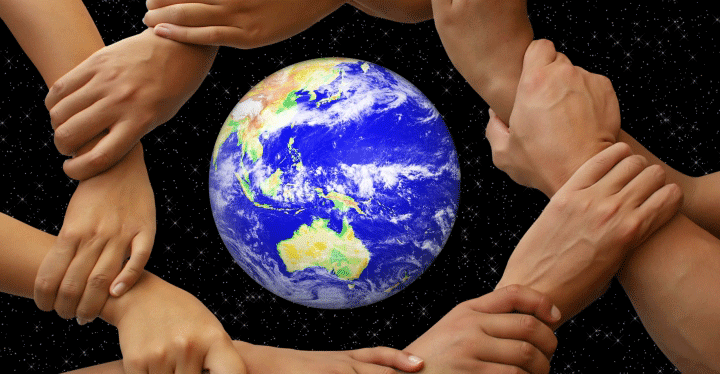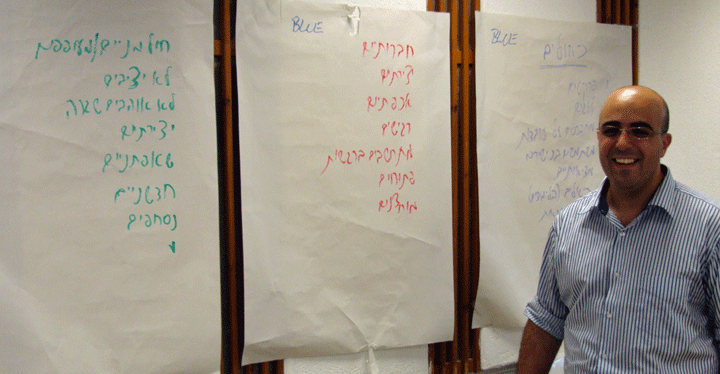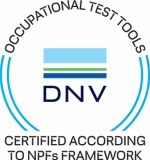
Samfunnsansvar - Policy
Retningslinjer for vår CSR-strategi.
Human Factors has always cared about the human factors. We have searched a business practice where we contribute to unlocking individual potentials, improving team performance and create wealth in a broad sense. Diversity Icebreaker has been our most valuable contribution in such direction.
Diversity Icebreaker has been proven to contribute to trust, positivity and constructive identity development. The concept promotes integration of people, increase willingness to voice opposing views and contribute to better problem solving and execution.
The world has some major challenges where Diversity Icebreaker can add value. Sometimes there are organisations and initiatives addressing these issues that cannot afford to buy our material or services. For these organizations we contribute in different ways to overcome these resource challenges with pro bona activities and reduced costs of material.
The areas where we have special interests are:
Peace development in war inflicted areas:
Bjørn Z. Ekelund has been 10 times in the Middle East since 2010 and with Diversity Icebreaker training contributed in different contexts to capacity building for peace promotion and building of a civil society. Co-operations with multiple peace-organisations and academic institutions have been a central part of this effort. If you want more information, contact bze@human-factors.no.
Refugee and integration challenges due to immigration.
Integration of refugees and immigrants has been a growing concern in many countries. Diversity Icebreaker has been applied in cross-cultural community development since 1999. Based upon a long tradition in the area of intercultural communication we know that Diversity Icebreaker has potentials in many ways. Our presentation “Reframing Others in Colours of Mastery” – a presentation we did in Finland 24th November 2017 give an overview of contributions so far. Download the PPT presentation (12 MB)
Climate crisis, ecological balance
Red, Blue and Green, the Diversity Icebreaker communication preferences, were applied for the first time in 1995 in a massive campaign for energy conservation. Since then, we have been pleased to see the concept applied by our ordinary customers in e.g. Master program in agro-ecology, European research programs in the area of climate effects, and trust development among stakeholders in a large windmill project.
We would like to see an increase in this area of use. Sometimes these activities qualify for CSR promotion from our side. A good example is a project where the Red, Blue and Green communication strategies are applied in order to train catering personnel to reinforce customers choice of more sustainable dishes. You can read more about this at
www.foodsustainabilityheroes.com
Read more about our stance and how the Diversity Icebreaker can be used to facilitate work towards shared climate goals in an interview with Bjørn Z. Ekelund, the tools creator and the person behind the 1995 project mentioned above, at tilt.work (Norwegian text).


